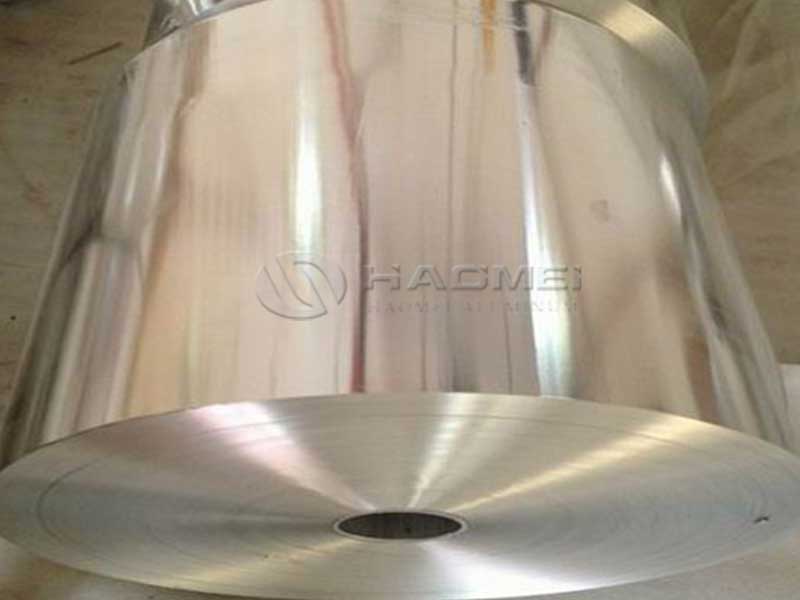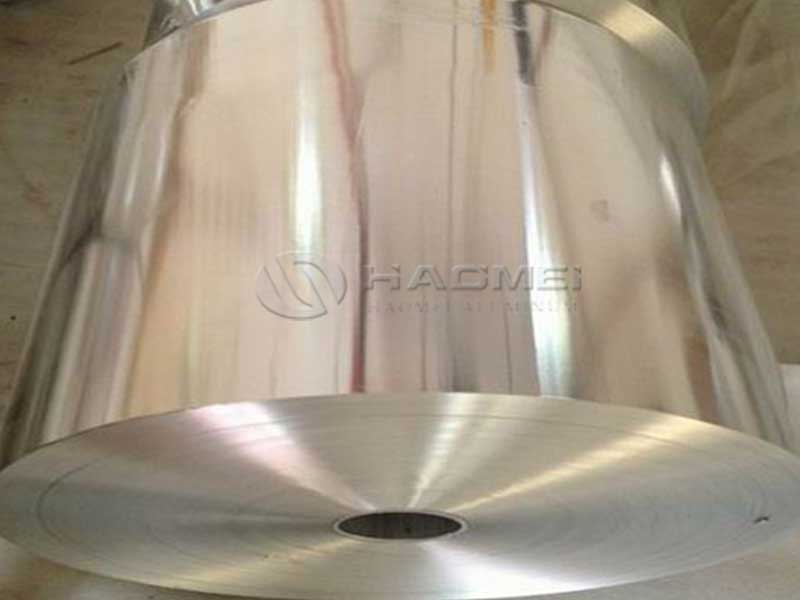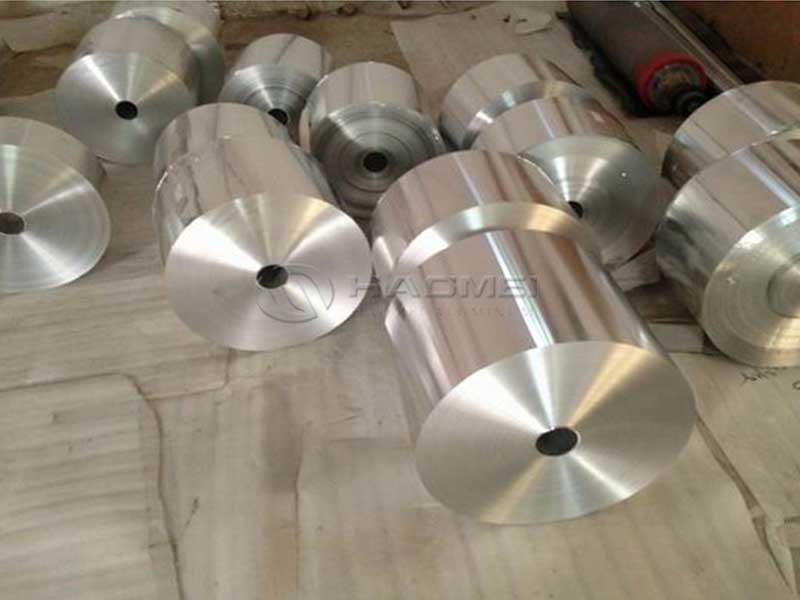Aluminum foil 0.3mm 0.4mm 0.5mm 0.6mm 1mm 2mm
Introduction: The Unsung Hero of Versatile Applications
Aluminum foil may seem like a mundane kitchen staple, wrapped around oddly shaped leftovers or packed alongside sandwiches. However, diving deeper into its various thicknesses—ranging from a delicate 0.3mm to robust 2mm—reveals a kaleidoscope of applications, engineered features, and real-world problems that this seemingly simple material can tackle.
The Essentials of Aluminum Foil Thickness
Aluminum foil typically comes in various gauges; the thickness influences everything from tensile strength to conformability, thermal conductivity, and barrier properties. By unpacking thickness-specific properties, we can appreciate how each variant caters to different needs.
0.3mm - The Lightweights
The 0.3mm aluminum foil is often used in everyday household applications. It’s user-friendly for wrapping items due to its pliability and provides sufficient insulation for temp-sensitive items. This measure is particularly effective in catering to the culinary field, such as lining baking trays. Food presentation and wrapping sandwiches for picnics also benefit from this range as they combine convenience and lightweight properties robustly.
0.4mm - The Graft Between Practicality and Durability
Transitioning up to 0.4mm is where one begins to notice dependability without a significant weight increase. While it finds a competitive edge in packaging and light-duty64 manufacturing settings, the affordability maintains it in food applications. This is also conducive to light printing applications and craft areas where a small degree of durability may be needed without straying too far into the realm of heavy foil.
0.5mm - Balanced Utility and Application
At the 0.5mm mark, the properties become more diverse. This thickness broadens usage into encompassing not only kitchen since it enjoys added functionality in areas including heat exchangers in HVAC systems, auditorium speakers, and thermal barriers in construction projects. The higher density not only lends mechanical durability but also permits even greater wrapping efficiency against the ingress of moisture and air—a tricker problem in extended transportation settings.
0.6mm and Beyond: Winning the Industrial Game
Right around 0.6mm falling into the category of ‘heavy duty,’ we begin yielding thicker options aimed primarily at construction and heavy machinery packaging, where structural integrity against heat, moisture, and stress become notable factors. The cables being protected, equipment cases, and construction wraps that prioritize safety employ this thickness.
Adding even more heft, we venture into the ranges of 1mm and up to 2mm, positioning these as ideal for demanding industrial contexts, fortifying metal casings and complex machinery that puts high onus on efficiency and safety. These gauges offer extreme tensile strength that supports extensive applications in various industrial manufacturing procedures, logistics management, and reinforced insulations where temperature fluctuations create concerns.
The Technical Perspective: A Balanced Approach
Here’s where we put all these findings together; weight distribution and solid ability to insulate, Combined with non-toxicity—all types boast respectable levels of function in thermal properties tailored consideration, does detver rampant spoilage associated common in compromised situations. Nevertheless, due diligence in thickness ensures that one can choose an aluminum resistant material depending on user needs ranging packing lunch at work or moving subterranean engineering structures worth millions.
https://www.alusheets.com/a/aluminum-foil-03mm-04mm-05mm-06mm-1mm-2mm.html






